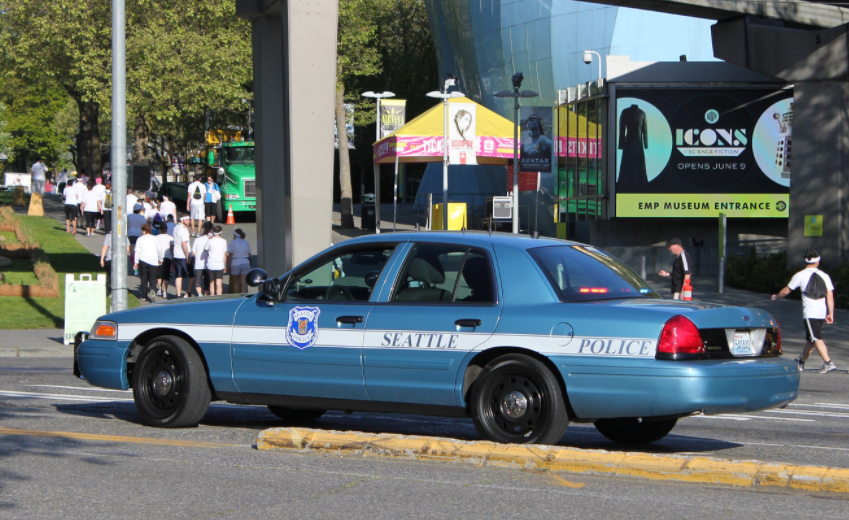Seattle Police Department will not force news outlets to turn over unpublished protest photos, videos

The Seattle Police Department has abandoned its efforts to compel five Seattle news outlets to turn over unpublished photographs and videos from a May 30 protest.
The police department’s decision this week to withdraw its subpoena is an important victory for the Seattle Times, KIRO 7, KING 5, KOMO 4 and KCPQ 13, all of which fought the demand for the unpublished demonstration photos and videos in order to protect their independence.
In June, the Seattle Police Department served the five news organizations with subpoenas ordering them to turn over raw footage and photographs from a 90-minute period of a May 30 protest. The protest was in response to police brutality and racial injustice, part of the nationwide demonstrations sparked by the killing of George Floyd in Minneapolis, Minnesota. Police argued that the footage would help them identify suspects in arsons and thefts that occurred during the protest.
The news organizations challenged the warrants in Washington state’s King County Superior Court. In July, a judge ruled in favor of the Seattle Police Department, ordering the news outlets to comply with the subpoena. The next month, however, the Washington Supreme Court granted an emergency stay of the judge’s decision.
On Monday, the Seattle Police Department asked the Washington Supreme Court to dismiss the case, citing the delay caused by the court’s stay and a recent arrest federal authorities made in the course of their investigation.
“We are relieved that the Seattle Police Department will no longer enforce the unlawful subpoena it served these five news organizations,” said Madeline Lamo, a legal fellow at the Reporters Committee for Freedom of the Press. “But this subpoena never should have been issued in the first place. News organizations should not be compelled to hand over their work product to the government.”
In June, the Reporters Committee supported the news organizations’ effort to fight the subpoena, arguing that the Seattle Police Department’s order was a violation of the First Amendment and the Washington shield law, which protects the news media’s confidential sources and journalistic materials.
In a friend-of-the-court brief, the Reporters Committee argued that the subpoena could “mislead the public into perceiving reporters at protests as a mere arm of law enforcement, thus eroding public trust in the news media.” The Reporters Committee noted that protests are already the most dangerous place for journalists and emphasized that the subpoena could further harm journalists’ safety and editorial independence.
The Reporters Committee regularly files friend-of-the-court briefs and its attorneys represent journalists and news organizations pro bono in court cases that involve First Amendment freedoms, the newsgathering rights of journalists and access to public information. Stay up-to-date on our work by signing up for our monthly newsletter and following us on Twitter or Instagram.
Photo by Can Pac Swire